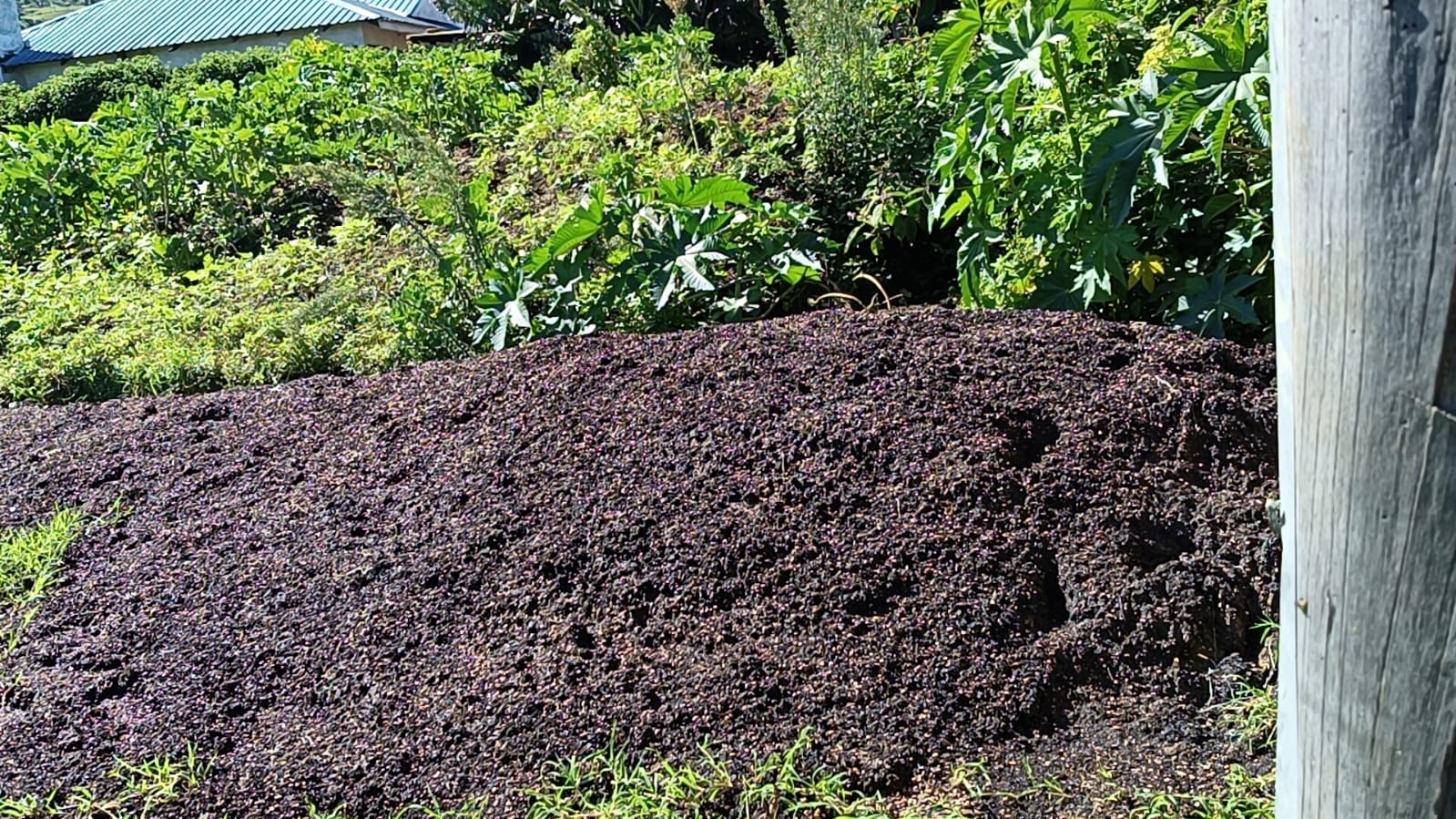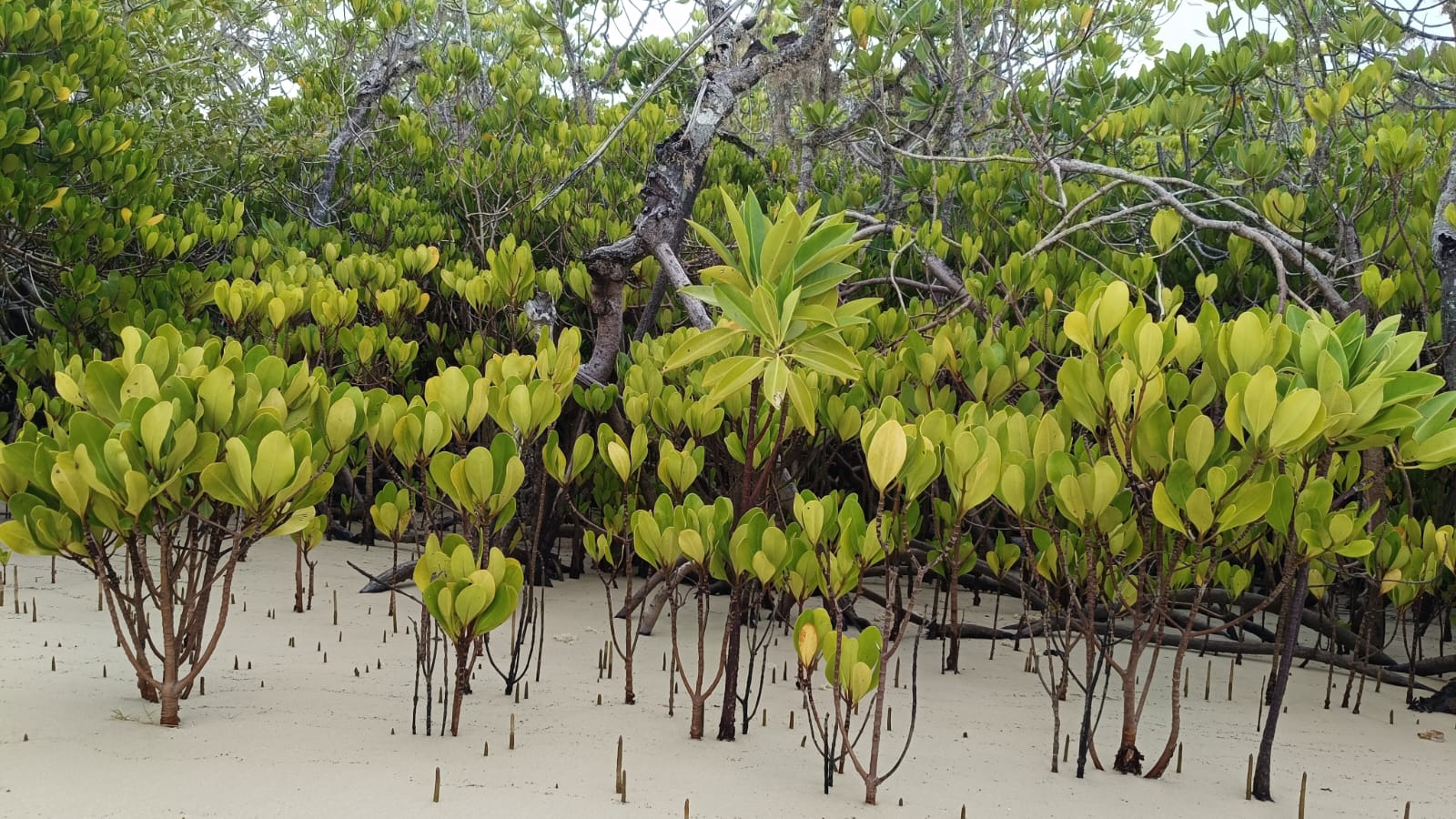Our planet has sustained humanity since the beginning, and our ancestors learned to care for it. However, increasing population exerts immense pressure daily. Deforestation for farming and settlement, along with river pollution from sewage and plastic, severely impacts our beautiful planet. We must ask: will our planet withstand this pressure?
Content related to the following topics
Environment
1% for the planet Partnership
3E Africa is excited to announce its partnership with 1% for the Planet, a global network dedicated to uniting businesses and individuals in the quest for a healthier planet. This collaboration marks a significant milestone in 3E Africa’s mission to drive sustainable development and environmental resilience in rural Kenyan communities.
Embracing Syntropic Agriculture for Sustainable farming Practices
Recognizing the critical need for sustainable agricultural solutions, 3E Africa recently invested in comprehensive training for its staff on the principles and practices of syntropic agriculture. This regenerative approach, which mimics natural forest ecosystems, is seen as a vital component in achieving our organization’s goals for long-term agricultural sustainability
Waste to Wealth : Utilizing Coffee Husks for Nature-Based Solutions in Kenya.
Every year, Kenya discards over 10,000 tons of coffee husks—the shells stripped from coffee beans during processing. For generations, coffee farming has been a cornerstone of Kenya’s economy, providing livelihoods for many. Yet behind the aroma of each freshly brewed cup lies a largely overlooked byproduct: coffee husks. Traditionally discarded or burned, these husks not only contribute to environmental pollution but also represent a missed opportunity for sustainable development.
Mangroves: The Heartbeat of Lamu’s Ecosystem
Mangroves are carbon rich ecosystem that are mainly found in tropical areas around the world. However, they are threatened by a combination of natural and human induced factors. In the coastal town of Lamu, Kenya, mangrove degradation is particularly evident. While these forests have traditionally sustained the local communities, overexploitation for timber and fuelwood has taken a heavy toll.
Fodder Trees: A Nourishing Solution for Dairy Cows and the Environment
Fodder trees offer a multitude of benefits for dairy farmers, including improved nutrition, increased milk production, cost-effectiveness and environmental sustainability. The Milk Bora project demonstrates the positive impact that fodder trees can have on small-scale dairy farming operations.
Coffee, Macadamia and Conservation: How 3E Africa’s Intercropping Model Benefits Farmers and the environment.
As environmental conservation takes center stage, 3E Africa is pioneering innovative solutions that prioritize both the environment and economic prosperity. Their holistic approach in Subukia, perfectly demonstrates this, creating a win-win situation for farmers and the land they cultivate
Restoring Our Land: A Collective Responsibility for a Sustainable Future.
Climate change has put environmental conservation into the spotlight. Human activities and pollution have degraded our lands, harming the environment. Restoring these lands requires a collective effort to ensure a better future for generations to come.
Floods Havoc-How to prevent such occurrence in Future
The recent downpour, initially a welcome sight for parched farmland, has transformed into a nightmare for over 27 Kenyan counties. The longed-for rain has become relentless, causing devastating floods that bring a multitude of hardships
Uplifting Dairy: Transforming Milk Handling and Transportation in Kenya
In Kenya, 3Es’ initiative is transforming milk handling, focusing on safety and quality. Transitioning from plastic containers, training sessions, and equipment distribution mark key steps supported by figures like Mrs. Beth Wangari Mbuthia. Farmers’ positive response highlights dedication to improvement, promising a brighter future for the dairy industry through collaboration and innovation.
Milking in Happiness for Molo subcounty farmers
In Molo subcounty, dairy farming is on the rise, but challenges like feeding practices hinder productivity. 3Es organization steps in, offering training on fodder diversification and good agricultural practices. This leads to increased milk production and better incomes for farmers, like Mary Wachuka, who now sees dairy farming as a sustainable livelihood.










